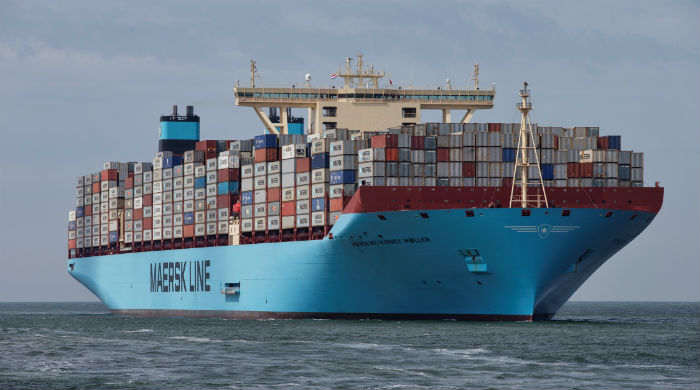The Auto Supply Chain Global Awards is an annual event that highlights superior achievements in the logistics industry. This November, more than 200 industry executives traveled to London to talk shop and celebrate those who regularly outperform the rest. This is a particularly important event for those in the field, who often feel that the logistics sector doesn’t get the attention it deserves – despite it being essential to the global operations of just about every other industry.
This year, Maersk Line was named the “Shipping Company of the Year.” It is considered the largest shipping company in the world and is an important division of a global business conglomerate based in Denmark. Maersk operates over 600 vessels with a combined capacity of 2.6 million TEU and employs more than 25,000 people. But its impressive size is not why the company was recognized this year.
Maersk’s physical size dwarfed by its big ideas
The judges made the decision to honor Maersk with this top award because of its move toward sustainable business practices. The company introduced Triple E ships in 2013 and set new, more stringent standards for energy efficiency in 2014. Executives at Maersk have put an emphasis on environmental protectionism and have even offered consulting to customers to help them mitigate the impact of their supply chain. They have put a special focus on carbon emissions, and as a result managed to cut C02 by 12% in 2013 despite the company growing by more than 4%.
One judge noted that it was Maersk’s commitment to exceeding customer expectations, along with its reputation for reliability and innovation, which made it an obvious choice. This isn’t the first time the shipping service has been recognized for its sustainability practices; Ford made a special mention of Maersk’s work for the environment at the Ford World Excellence Awards earlier this year.
Environmental efforts can bring “green” in more ways than one
Perhaps most importantly, the company’s strategic move towards environmentalism proves that “going green” doesn’t have to mean a decrease in cash flow or prestige. Not only has Maersk received additional attention for its efforts, but it also posted profits of $685 million in the third quarter of 2014. With rising sea levels and ever more erratic global temperatures that could affect shipping practices, Maersk’s performance may be an indication to other shippers and logistics providers that it’s time to follow suit.





